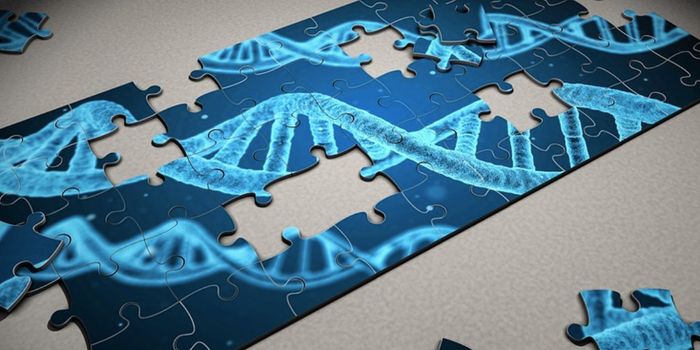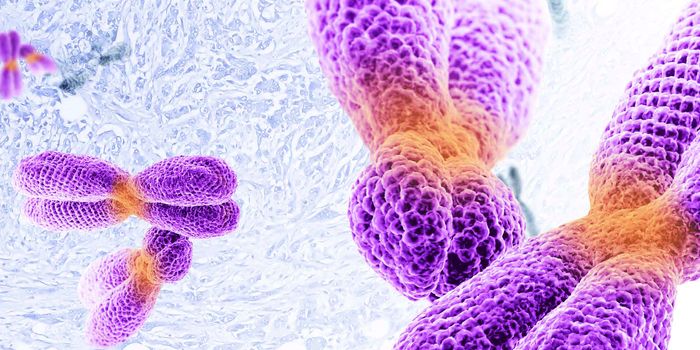Can metformin treat lymphoma?
A popular diabetes medication may be useful in treating cancer, according to new research published recently in Cell Reports Medicine. The medication, biguanides, is most commonly known as metformin and is used to control blood sugar for people with Type 2 diabetes. The medication’s ability to target cell metabolism has interested cancer researchers for some time; this research adds to that interest by identifying a biomarker that could detect which cancers would respond to biguanides.
"Cancers vary widely in how they react to different therapies -- what works for one cancer type may not work for another -- but regardless, they are all reliant on metabolism for energy production," said senior author of the study and Van Andel Institute Professor Russell Jones, Ph.D. Dr. Jones is also the leader of VAI's Metabolic and Nutritional Programming group.
Past attempts to use biguanides to treat cancer have been limited because of two main reasons: 1) it is difficult to predict which cancers will respond to treatment and 2) it is challenging to deliver enough of the drug into cancer cells so that it is effective. This study addresses the first concern.
"Our results establish two important things: First, they give us a way to objectively determine which types of cancer are sensitive to biguanide treatment and, second, they illuminate how and why some patients may respond better to biguanides than other patients," explains Dr. Jones.
In the study, the research team found a microRNA regulated by the gene MYC that is a biomarker for cancers that respond to biguanide. MYC is a gene that is related to metabolic activity in cancer cells and that is present in many lymphomas. Watch the video below to learn more about the MYC gene.
This finding has significant implications, say the researchers. "Biguanides have great potential as cancer treatments, particularly for blood cancers," comments Dr. Jones. "Biomarkers such as what we have found here are vital tools for determining which cancers will respond to biguanides and which will not, which is important for patient care as well as designing more effective clinical trials."
Sources: Cell Reports Medicine, Eureka Alert








